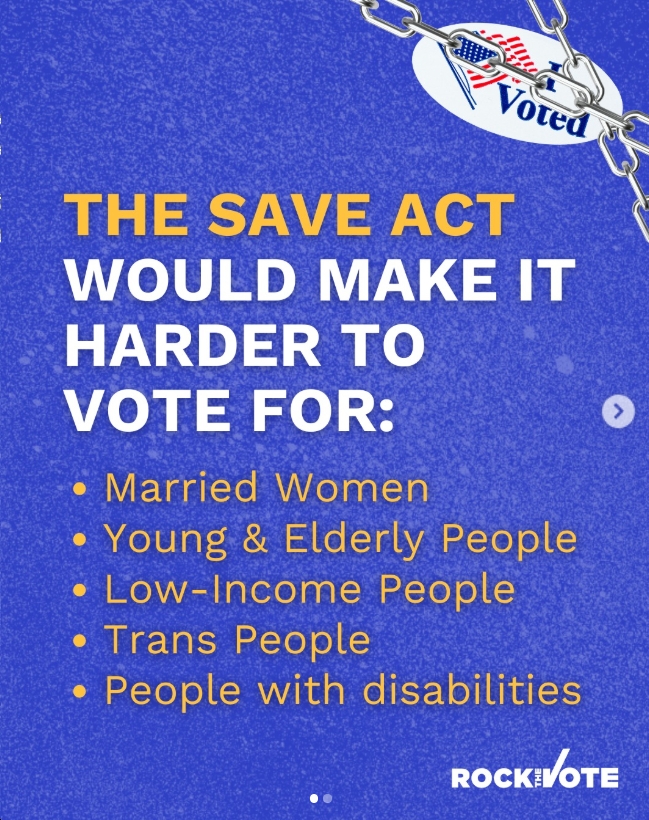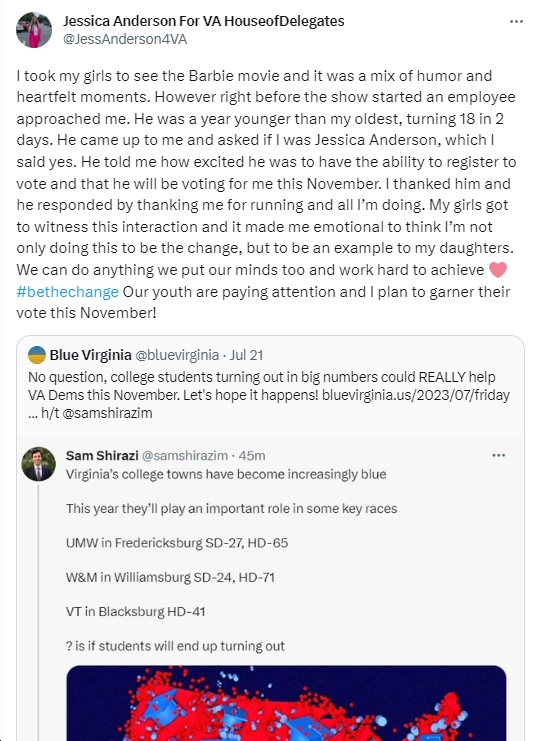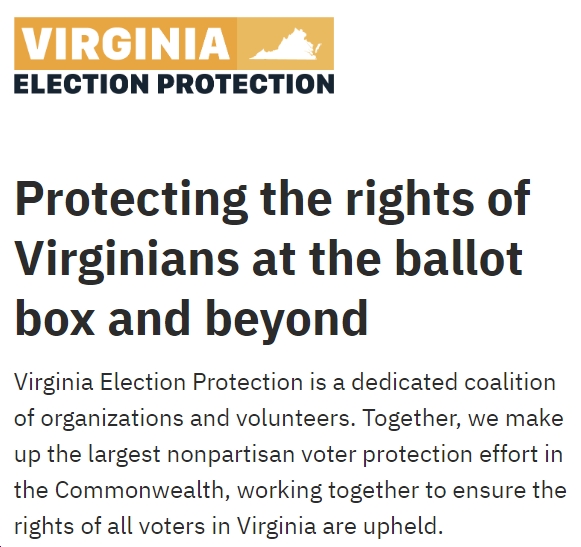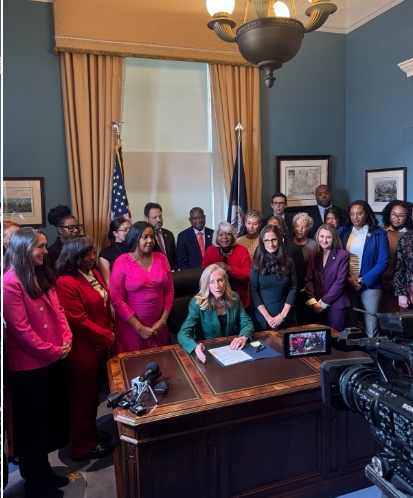by Jim McCarthy
Disenfranchisement of civil rights for criminality dates to ancient Greece and Rome, and has been transported into American law by way of English and medieval jurisprudence. Essentially, at present, the disenfranchisement takes the form of loss of voting rights along with some others — jury service, firearm acquisition, etc. This jurisprudence, in turn, is based upon a concept of “civil death” — a loss of all or most civil rights — whereby offenders were designated “outlaws” and precluded from participation in civic culture.
Only Maine and Vermont have not adopted legislation disenfranchising felony offenders. In recent years, many states have made efforts to improve the re-registration of ex-offenders, including “automatic” restoration upon completion of sentence and/or parole. However, administrative barriers and resource shortages have seriously complicated these reforms.
Even in states where ex-offenders automatically regain the right to vote upon completion of their sentences, the process of re-registering to vote is difficult. — National Conference of State Legislatures [2016].
Essentially, then, disenfranchisement may be a lifetime sentence beyond a prison term. In the arc of social progress, however, most advocates of disenfranchisement have abandoned the traditional penal model as failing to achieve its objectives, viz., retribution, deterrence, prevention, or rehabilitation. Instead, and more currently, proponents of the practice rely upon a “social contract” principle:
States have a significant interest in reserving the vote for those who have abided by the social contract that forms the foundation of representative democracy…{T]hose who break our laws should not dilute the votes of law-abiding citizens. – Sen. Mitch McConnell, Congressional Record, 2002, p. S802
Clearly, compared to imprisonment, loss of voting rights for criminal conduct is at best collateral punishment and unlikely to discourage or thwart an offender or potential offender as a deterrent. Nor may it be said that disenfranchisement prevents an offender from further, similar conduct, or that it contributes to offender rehabilitation. What, then, is the political or social end served by disenfranchisement?
The U.S. Constitution forbids enactment of bills of attainder or ex post facto laws, whereby an individual or group may be found guilty without a trial. In practice, these types of punishment were often directed at seizure of property and executed in addition to imprisonment.
The “should” in Sen. McConnell’s statement is precatory, reflecting a social norm for disenfranchisement. Dilution of the votes of law-abiding citizens is a questionable criterion unless voting felons might operate as a political bloc of some type altering the electoral choices or outcomes of “law-abiding” citizens. Some proponents also argue that the high rates of recidivism make restoration of felon voting rights a thankless endeavor. This latter justification seems a mere tag line, since the Virginia Department of Corrections reports [2017] that the Commonwealth has the lowest national rate of recidivism, perhaps testimony to successful rehabilitation.
James Madison [The Federalist, no. 44] wrote:
Bills of attainder, ex post facto laws, and laws impairing the obligation of contracts are contrary to the first principles of the social compact…
Madison and McConnell appear to be at odds on the issue of “civil death” and felon voting rights. Since by all views, disenfranchisement serves no useful penal purpose, the question arises as to whether laws authorizing disenfranchisement are, on one hand, legal and, on another, desirable. If all felons had the right to vote, what would the risk be? What is the benefit to society of disenfranchised felons?
As Virginia celebrates 400 years of self-governance, the Commonwealth can demonstrate to the nation that it continues to reinvent itself and advance democratic principles by rescinding its disenfranchisement statutes and by joining Maine and Vermont in enhancing one person, one vote.

















